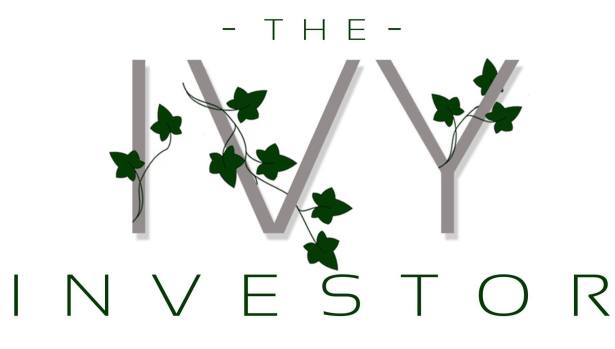The topic of this week’s blog post is not fun. But I can assure you that it’s even less fun dealing with the emotions of a major family crisis and then adding the stress of not knowing how to begin piecing a loved one’s life together in their absence. If you organize your financial information and provide instructions for loved ones now, it can save a lot of time, frustration, and money for them later.
“But of that day and hour knoweth no man…” Matthew 24:36 KJV. Because of this, it is so important that in the case of death, your loved ones, or responsible friends, know where your information is, how to access it, and what your wishes are.
1. What are your wishes?
The only way for your wishes to be known after death is through a will. Without a will, any assets upon your death will be distributed through the intestacy laws of the state. (Testate means dying with a will and intestate means dying without a will. The person who makes a will is known as a “testator.”) Allowing your assets to go intestate, without a will, tends to cause a lot of confusion and family in-fighting. As a result, it is usually advisable to have a will.
A will is a document which transfers your property at your death to designated people. It can be changed until your death and is only effective upon your death.
Wills are governed by state law. Most people go to an attorney to have a will drafted, which is by far the best way. However, in a pinch, it might be better to have something rather than nothing. Luckily, half of the states allow a will written completely in the handwriting of the testator otherwise known as a holographic will. See if your state is one of them, here.
A holographic will allows some of the formalities of a formal will to be waived, i.e. the requirements of having witnesses. It should be noted that having the will completely in your handwriting is important. With the advent of online legal websites, there has been a lot of debate regarding typed wills and in at least one case, a typed will was held not to be valid. In writing a will, you must declare it to be your “Last Will and Testament.” It must be in your writing and signed by you. You should also name a personal representative, who is known as an “Executor.” The executor is the individual in charge of carrying out the terms and conditions of your will.
2. Where is your information?
I am a huge fan of investing in a Safe Deposit Box. Safe Deposit Boxes are available at most banks for a nominal yearly fee. It can help secure important personal documents and collectibles. How do you decide what to put in the box? Use this thought as your guide: If I lost this document, it would be impossible, costly, or very difficult to replace.
One thing that shouldn’t go into your safe deposit box, believe it or not, is your will. Many states have rules about who and how a safe deposit box can be accessed after one’s death. The worst case is that your loved one would have to go to court to have the safe deposit box opened which can be costly and time consuming.
A good place for your will is in a fire-proof safe in your home or other safe place; however, wherever you place your will for safe keeping, you need to let your Executor know.
Additionally, you should have a list of information available either in your possession where a trusted family member or friend knows how to find it, or better yet, with a trusted third party, such as an attorney or accountant. I have provided a good starting point for you to use to begin your information collection process, PersonalInventory. Please note that each section is not exhaustive, some sections may apply to you and you may need to add others as you see fit. For example, many people like to have a listing of important property such as a watch or coin collection or a listing of firearms.
3. How would a loved one access your information in your absence?
Let a family member, or trusted friend, know how and where to find your information. For example, tell them “my safe deposit key is in my top drawer in a blue envelope” or “my safe is in the basement and the code is my wedding date.”
With all the formalities of a will and the different requirements of each state, it is probably the best and safest bet to have an attorney draft a will for you. Many states have law schools with legal clinics with law students willing and able to help you for no fee.
Final Thoughts
I will discuss some of these topics in more detail in the future. I wanted to provide a primer to get you started in getting your “house” in order. My favorite quote is with regards to these matters is, “My people will perish for a lack of knowledge.”
Today’s post provides information about the law designed to help readers cope with their own legal needs. However, this information is not the same as legal advice. Although I have gone to great lengths to ensure accurate and useful information, I do recommend that you consult a lawyer if you want professional assurance that the information provided is appropriate for your particular situation.

